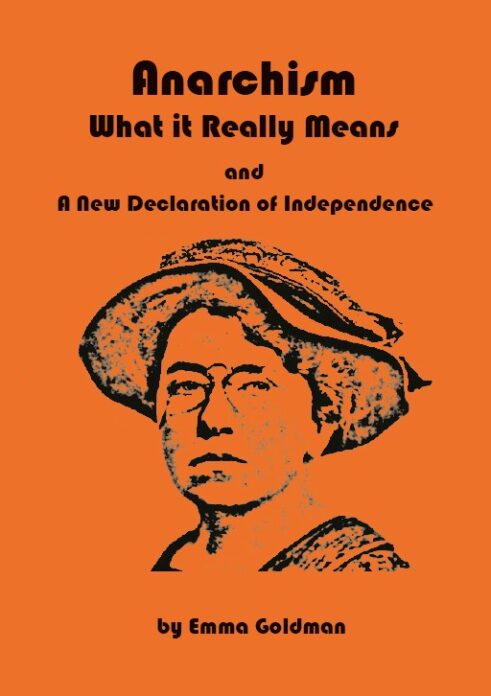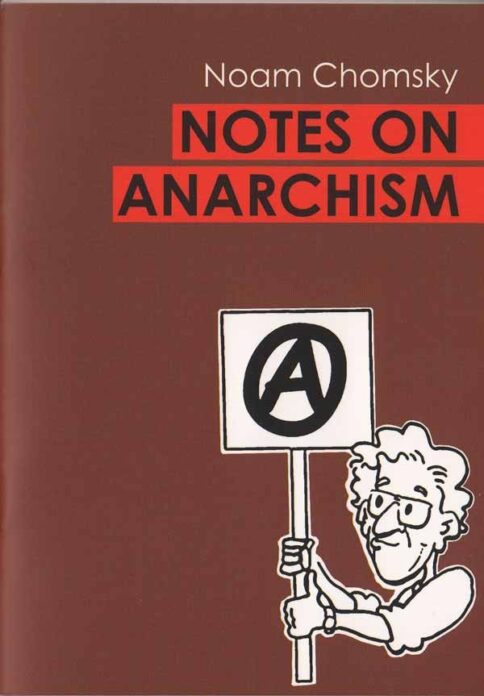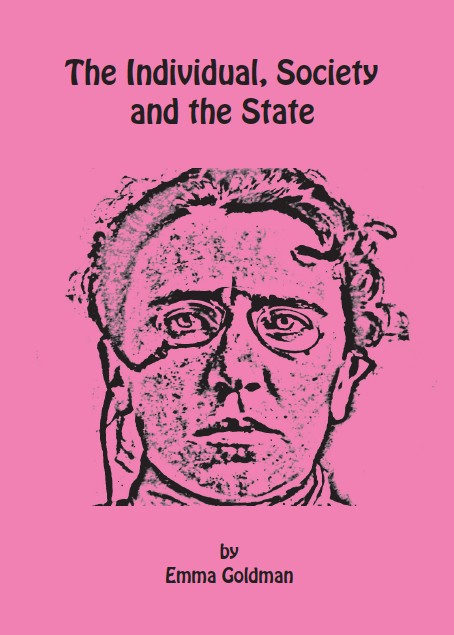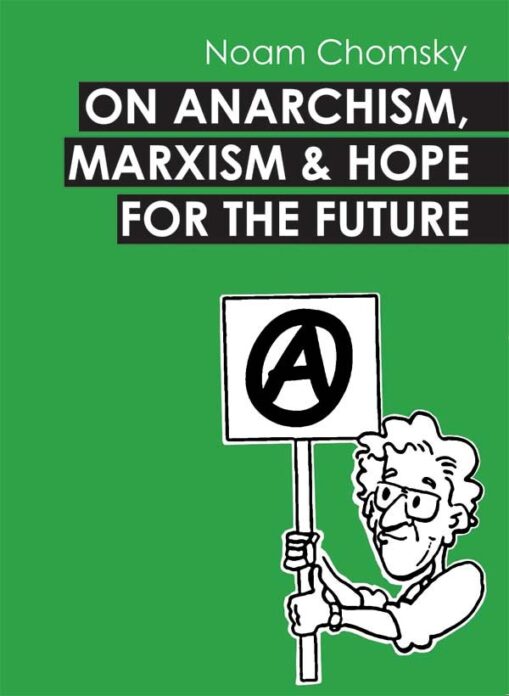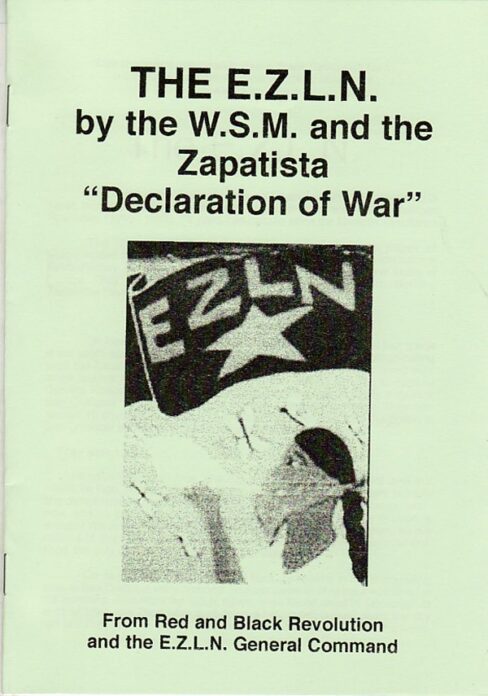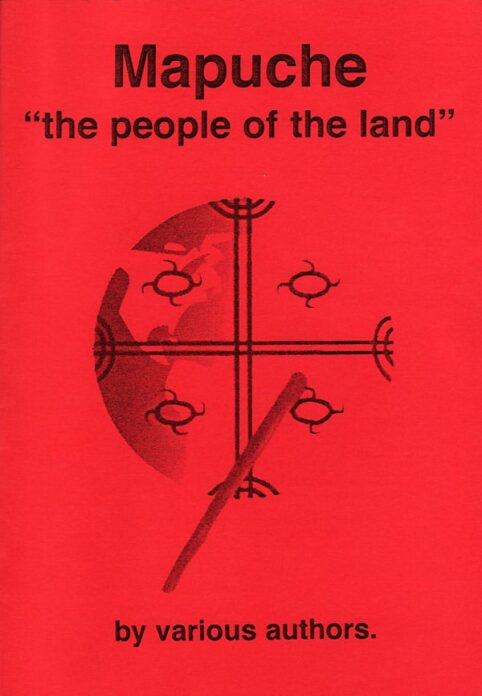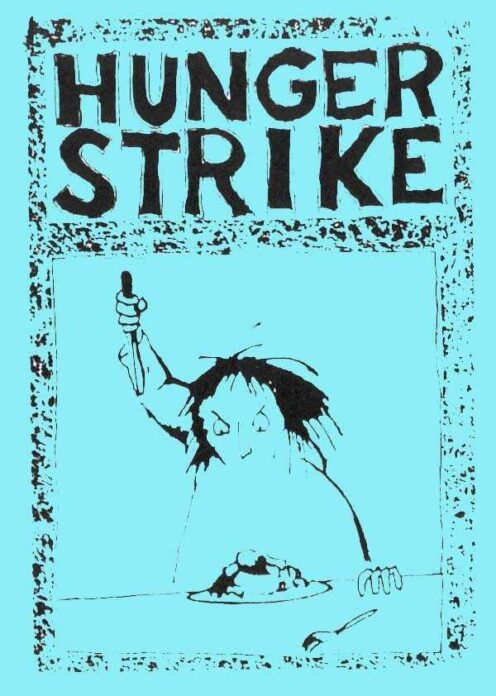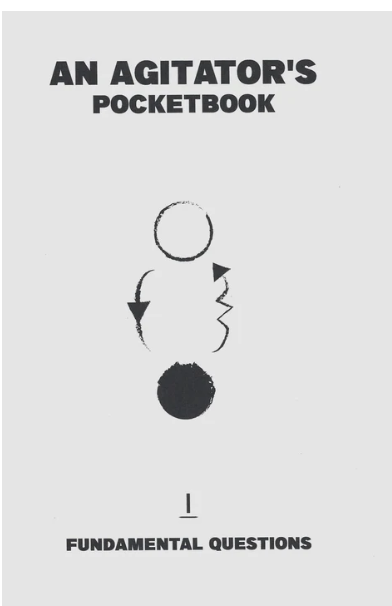The Continuing Appeal of Nationalism, Fredy Perlman
£0.60
“Genocide has been a prerequisite of … progress”. Perlman is an impressive radical thinker. A well respected text discussing Nationalism and the state.
In stock
Description
Nationalism was proclaimed dead several times during the present century:
* after the first world war, when the last empires of Europe, the Austrian and the Turkish, were broken up into self-determined nations, and no deprived nationalists remained, except the Zionists;
* after the Bolshevik coup d’etat, when it was said that the bourgeoisie’s struggles for self-determination were henceforth superseded by struggles of workingmen, who had no country;
* after the military defeat of Fascist Italy and National Socialist Germany, when the genocidal corollaries of nationalism had been exhibited for all to see, when it was thought that nationalism as creed and as practice was permanently discredited.
Yet forty years after the military defeat of Fascists and National Socialists, we can see that nationalism did not only survive but was born again, underwent a revival. Nationalism has been revived not only by the so-called right, but also and primarily by the so- called left. After the national socialist war, nationalism ceased to be confined to conservatives, became the creed and practice of revolutionaries, and proved itself to be the only revolutionary creed that actually worked.
Leftist or revolutionary nationalists insist that their nationalism has nothing in common with the nationalism of fascists and national socialists, that theirs is a nationalism of the oppressed, that it offers personal as well as cultural liberation. The claims of the revolutionary nationalists have been broadcast to the world by the two oldest continuing hierarchic institutions surviving into our times: the Chinese State and, more recently, the Catholic Church. Currently nationalism is being touted as a strategy, science and theology of liberation, as a fulfilment of the Enlightenment’s dictum that knowledge is power, as a proven answer to the question “What Is to be Done?”
To challenge these claims, and to see them in a context, I have to ask what nationalism is – not only the new revolutionary nationalism but also the old conservative one. I cannot start by defining the term, because nationalism is not a word with a static definition: it is a term that covers a sequence of different historical experiences. I’ll start by giving a brief sketch of some of those experiences.
Additional information
| Weight | 0.055000 kg |
|---|



